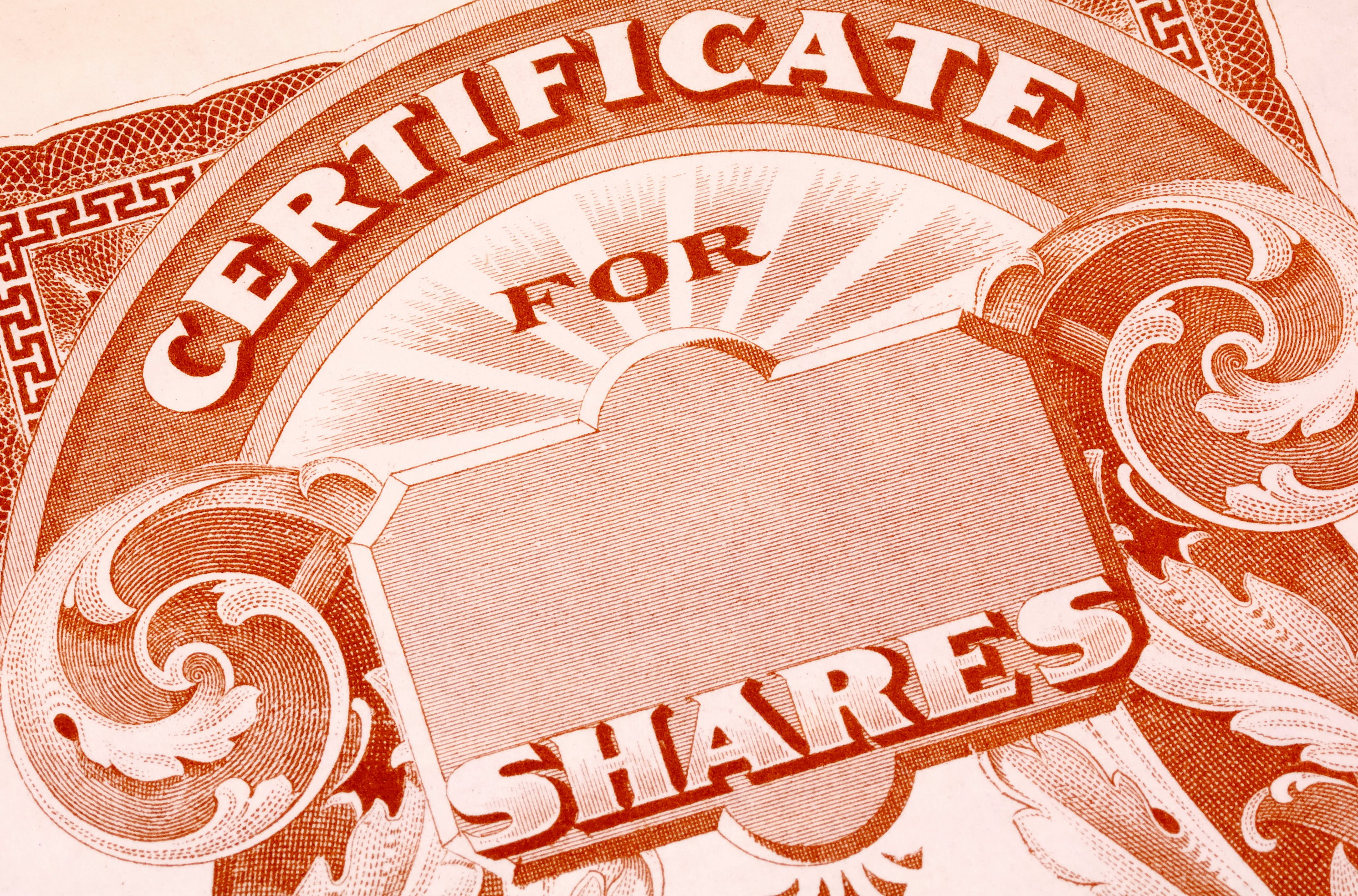Nearly 1.5 billion people around the world log into Facebook (FB 0.78%) every month. More than 300 million people use Twitter (TWTR +0.00%), and close to 80 million people listen to their favorite music through Pandora (P +0.00%). The numbers are truly staggering.
But which of these three companies offers the best investment opportunity? Three of our Foolish contributors have gotten together to answer that question.
Andres Cardenal (Facebook). Facebook is the undisputed leader in social media. The company has reached gargantuan scale levels, with 1.49 billion monthly active users as of the second quarter in 2015. Size is a crucial advantage in the industry. Users attract each other to the platform, so the bigger Facebook gets, the more valuable the service becomes to users.

Importantly, engagement is consistently rising through time. More than 968 million people around the world use Facebook on a daily basis, meaning that 65% of users access the platform every day.
Mobile is another key growth driver for Facebook. During June of 2015, more than 1.31 billion people used Facebook on mobile devices, a year-over-year increase of 23%.
The company is also rapidly expanding its new generation of services, with Instagram, Messenger, and WhatsApp exceeding 300 million, 700 million, and 800 million monthly users, respectively, as of the second quarter.
Management is doing a great job at capitalizing its opportunities. Global revenue grew 39% year over year during the second quarter, reaching $4.04 billion. While the company is investing tons of money for growth, it makes sense to expect revenue to outgrow expenditures over time, so investors in Facebook should profit from both vigorous sales growth and expanding profit margins in the future.
Steve Symington (Pandora): Don't get me wrong: I love both Facebook and Twitter, and maintain open outperform calls on both social media giants in my CAPS portfolio. But after Pandora stock got absolutely crushed to the tune of 40% after its latest earnings report last week, I think the music-streaming specialist represents a fantastic opportunity for patient investors to take advantage of the market's short-sighted overreaction.

Source: Pandora.
As for the reasons behind the drop, Pandora did surprise investors with its $90 million settlement with several record labels covering the majority of its spins of pre-1972 music, both retroactively and through the end of 2016. This deal followed a similar $210 million settlement struck by Sirius XM only a few months ago, and signals Pandora's willingness to make nice with the very industry on which it relies to continue operating.
Investors also panicked after Pandora saw a slight sequential decline in active monthly listeners -- to 78.1 million from 79.4 million last quarter -- largely attributed to early interest in Apple Music. But Pandora CEO Brian McAndrews warned this could happen over the short term during the company's earnings conference call three months ago. In addition, he described Apple Music's impact as "muted," and more than anything, consistent with the temporary negative influence Pandora suffered from the launch of Apple Radio two years ago.
That's not to say Apple Music is a relative failure. The service already boasts 6.5 million paying users, and will almost certainly continue to grow from here. But I also think there's plenty of room for both Apple Music and Pandora to peacefully coexist over the long term. As the market realizes Pandora isn't truly doomed, I think investors would be wise to open or add to a position.
Tim Green (Twitter): I'm not a fan of Pandora's business model, and while Facebook is wildly profitable, it's already become a $300 billion company. Twitter offers the most potential of the three, given its massive user base, and the best-case scenario could lead to sizable gains for investors.

Source: Twitter.
I've written about Twitter in the past, calling the stock a disaster waiting to happen earlier this year. The company's spending was out of control, and while revenue was growing quickly, Twitter's massive losses were ultimately unsustainable. A couple of bad earnings reports and a CEO resignation later, and the stock is down about 40% since that article was published.
The good news is that positive steps are being taken under new CEO and founder Jack Dorsey. In October, the company slashed its workforce by 8%, reducing the headcount by 336 employees. This is likely only a first step in reining in Twitter's exploding costs, and I wouldn't be surprised to see more cost-cutting going forward.
New products are being developed to make Twitter easier to use, like Moments, which allows users to follow specific events. Twitter's user base has essentially stagnated, particularly in the United States, and getting more people to use the service is critical.
The bad news is that Twitter is a $20 billion company that has yet to prove that it's business model actually works. This makes the stock incredibly risky, and while the sky's the limit if the company gets it right, Twitter could also crash and burn, wiping out shareholders in the process. Which path Twitter ultimately will take remains to be seen.






